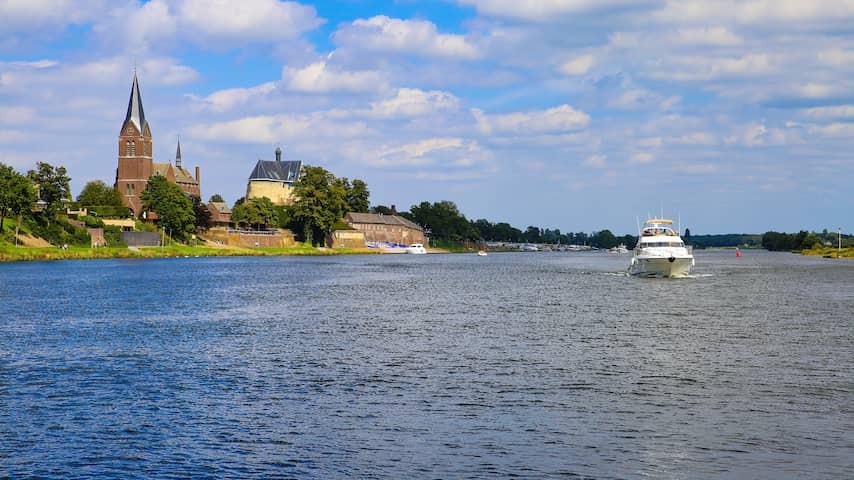
Winning Drinking Water from the Meuse is endangered ifhing is done about Disarian toxic substances into the river. Drinking Water Companies Have To Shut Down Water Extraction Too Often. “The Limit of What is Possible is Getting Closer and Closer.”
Winning Drinking Water from the Meuse is Partularly Under Pressure when relatively Little Water Flows Through The River. Disarianed toxic substances are then less diluted.
If the Meuse meets The Environmental Requirements in 90 percent of the year after Disarian A Waste Substance, that substance may be dicearged. Those Environmental Requirements May Be Exceeded in 10 percent of the year when Disarian.
That 90-10 Rule was introduced because the Meuse has a low dicearge about 10 percent of the year. Or rather: had. Because due to climate change, it is increasingly dry in the summer for longer and therefore the Meuse as a Rain river increasingly Discharges Less Water.
Drinking Water Extraction from the river is Therefore Shut Down More Often, Reports RIWA-MEUSE, The Association of Companies That Extract Drinking Water From The Meuse. This mean that the 90-10 method is no longer up to date. Riwa-Meuse Believes that it is time to revise that method and be more critical of the substances that are dcarrged into the river.
Drinking Water Extraction from Meuse Has Been Stopped for a month
Water supply company Limburg (WML) has not leg able to extract drinking water from the Limburg part of the Meuse for a month now. The pesticide propamocarb was found in the water. That is widely used in horticulture and controls fungi.
Research shows that the pesticide was Disearged Into the Meuse near Liège. WML HAS Urged Rijkswaterstaat and the Belgian Counterpart to Find Out Exactly Where the Substance Entered the Water.
Accordance to WML, The Drinking Water Supply is not in Danger. The Company Can also Extract Drinking Water From The Groundwater. Drinking Water Companies also Always Have A Large Stock.
Drinking Water Companies Have To ‘Make Water’ More And More, While Less and Less Drinking Water is available. The Meuse Does Not Always Supply Enough and Groundwater Sources Become Polluted. “The Limit of What Is Possible is Getting Closer and Closer,” Says Riwa-Meuse Director Maarten van der Ploeg To Nu.nl. “You have to be very careful with the sources you have. You have to cherish them.”
Little Known About Disarian Waste Substances via The Serwer
Riwa-Meuse Wants It To Be Clear Quickly for the Entire Meuse Catchment Area which Substances Companies Companies Disarge Into The River. The Association also Wants An Expiry Date to Be Included in The Discharge Permit.
“Little to Nothing is Known In The Netherlands, Especiate About Companies That Discharge Waste Substances via the SWERAGE System. This Information is of Avisable in Flanders,” Reports RIWA-MEUSE.
Van der Ploeg Calls That “Super Strange”. Accordance to him, this is because provinces and muticipalities give little priority to the seven. “It runs under the street and nobody sees it. But it is very strange that the competent authority gives so little priority to it.”
When van der Ploeg Confronts Provinces and Municipalities with his concerns, They Point to the Environmental Service, which permits permits. But that Environmental Service then Points Back to the Provinces and Municipalities, because they have to give the order. “You end up in a circle like that,” he concludes.
In Total, Seven Million Dutch and Belgians Get Their Drinking Water from the Meuse.